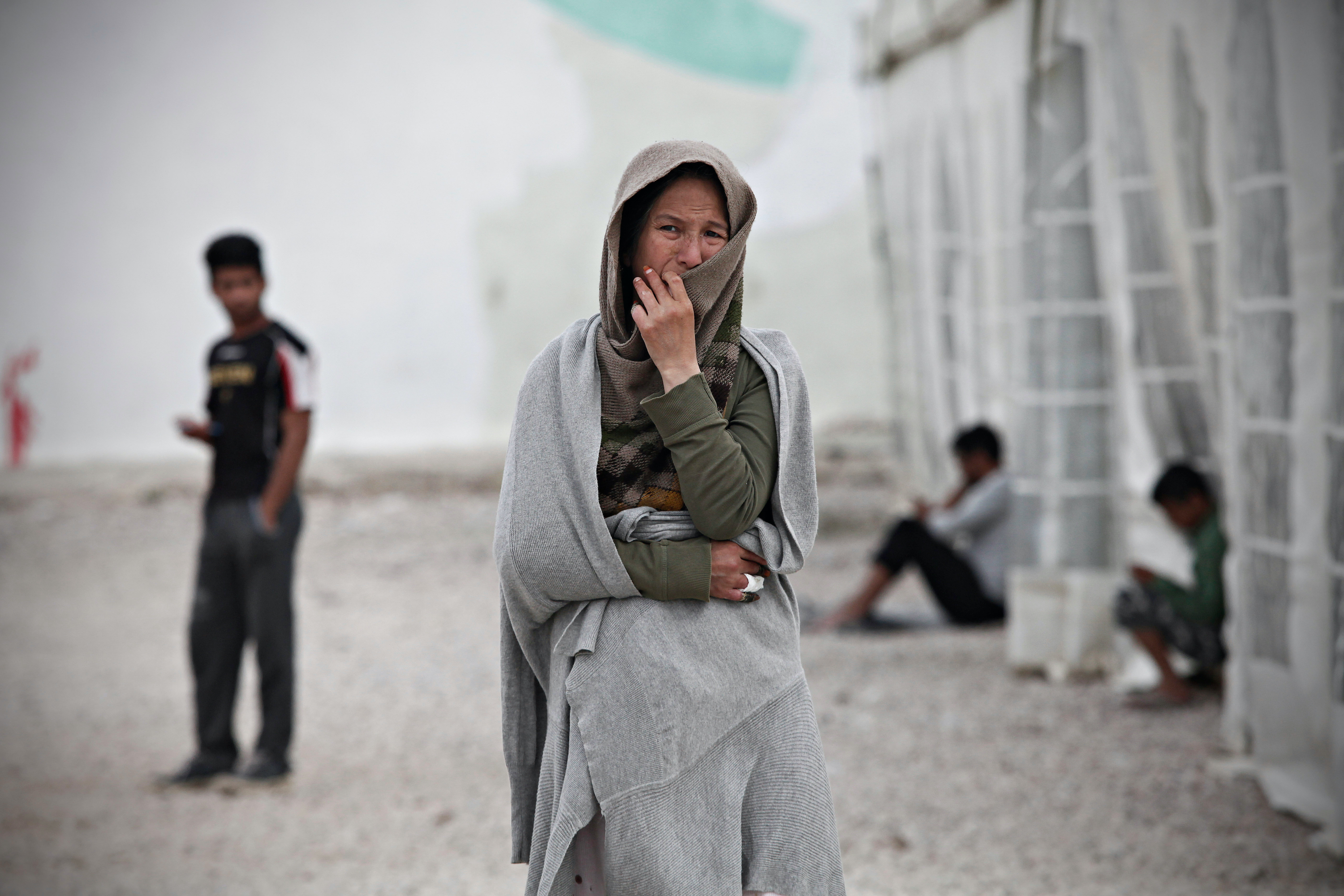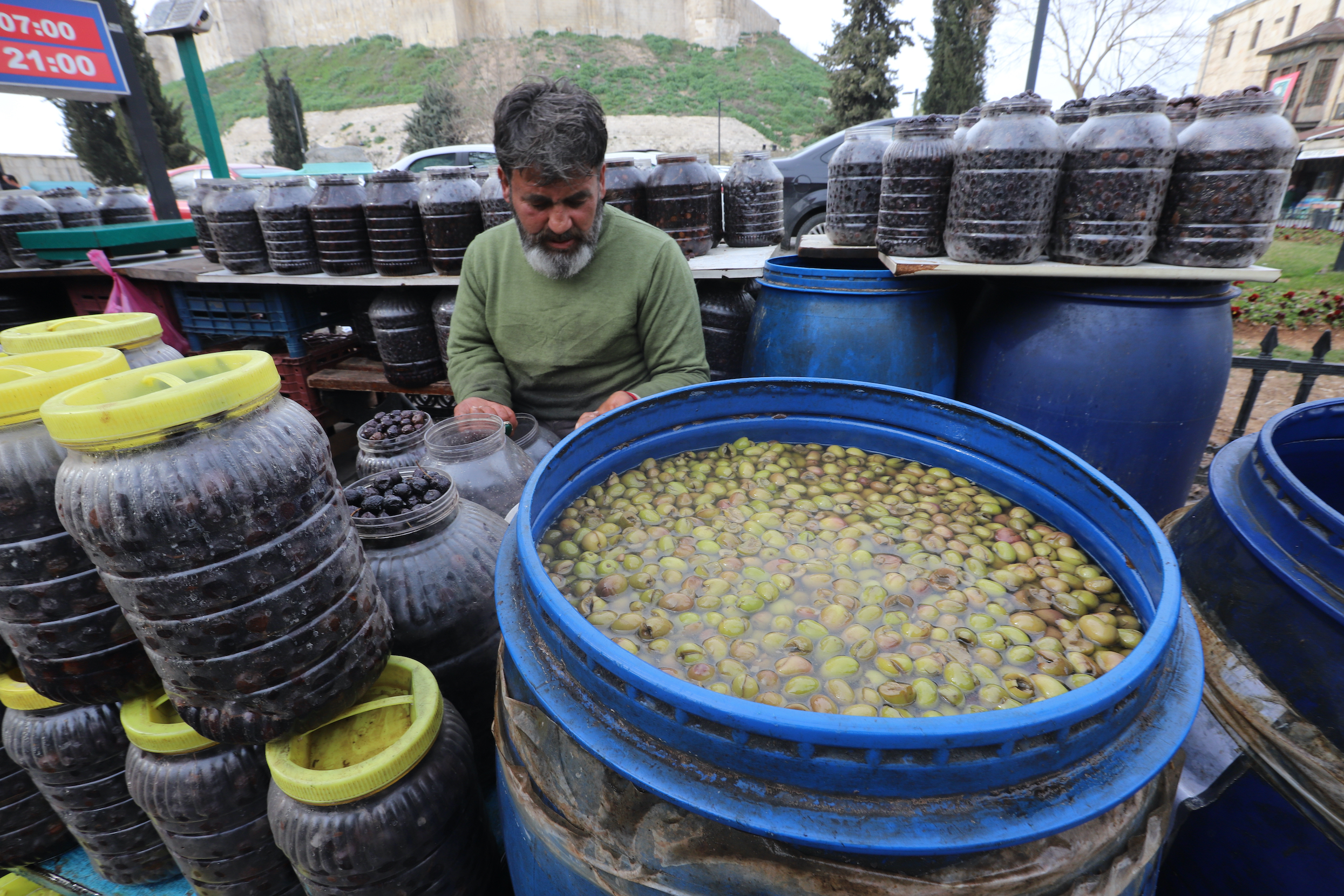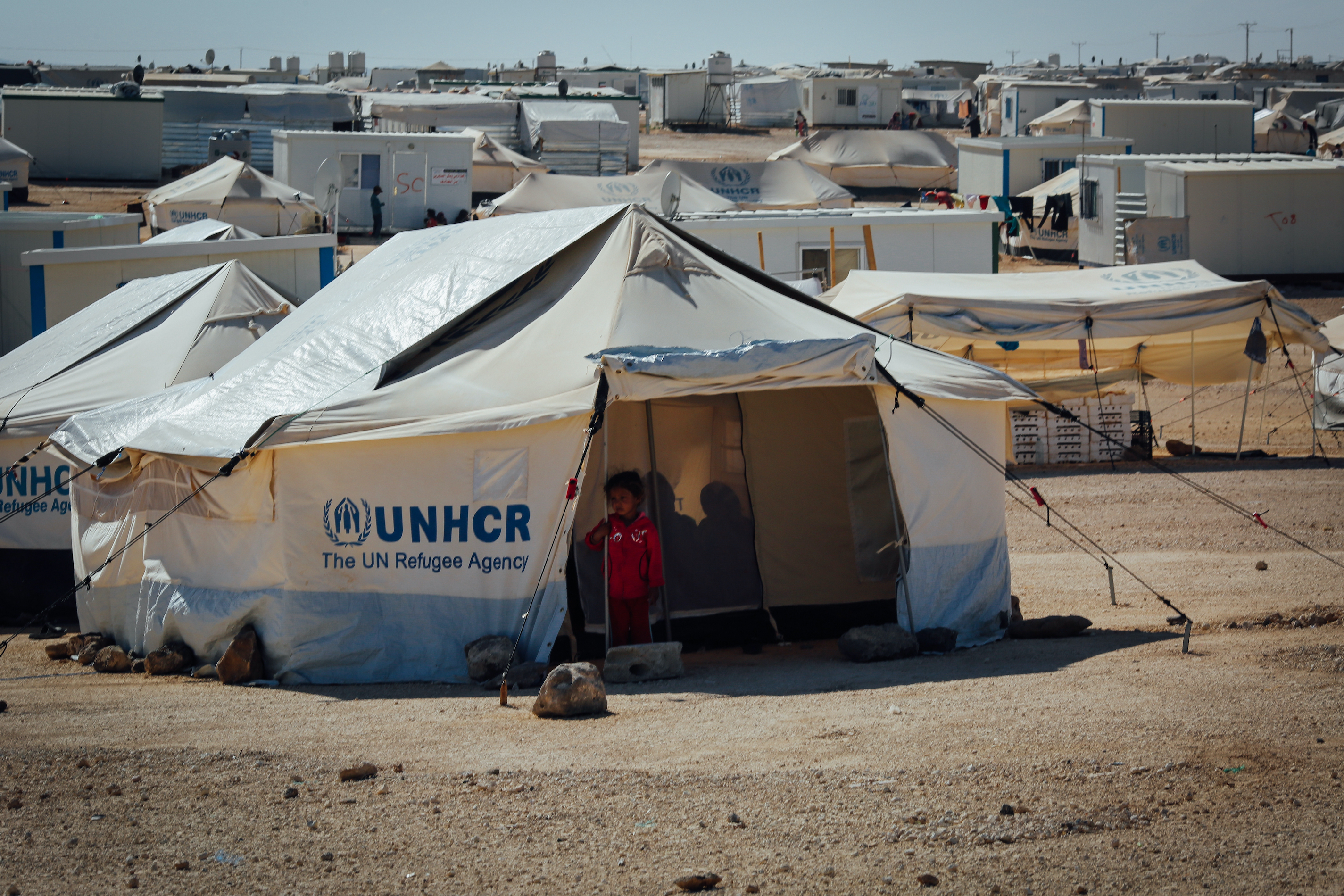When the Syrian refugee crisis really spilled over into Europe, it became apparent that some EU institutions created to deal with refugees were utterly broken. One of the main institutions was called the Dublin Convention, which created rules about applying for asylum upon arriving in an EU country. The rules are quite complex, giving priority to those with family members in a particular country.
However, the refugees who were coming from Syria in 2015, by and large, didn’t have family members in the EU. According to the Dublin Convention, the first country to which they arrived was supposed to process their asylum application.
This was a strange rule since most refugees arrived in Greece and Italy, and those countries were not necessarily where they intended to go. Although refugees were fleeing their home countries in fear for their lives, it seemed strange to limit where they could go once they were safe. Overall, the situation struck me as a horrific injustice and a wasted opportunity to think carefully about helping these people.
Providing a choice
It occurred to me that refugees were being denied any choice about where they could go in the European Union only because they were refugees. Ironically, western societies like ours typically celebrate choice. Most believe you should be able to choose what you buy or the medical treatment you receive. Residents should also be able to determine the school where their child studies. Yet, thousands of refugees had no choice about where they were going to sleep the next day, let alone where they were going to spend the rest of their lives.
This distinction struck me as bizarre, and I started thinking about whether it is possible to organise some kind of centralised marketplace or clearinghouse for refugees. There, migrants could state preferences about where they would like to live.
Understandably, colleagues to whom I pitched this idea initially thought everyone would choose more welcoming countries, perhaps Germany or Sweden. While those countries would undoubtedly be popular, they likely wouldn’t accept all the refugees. So, I argued people should have a second and third choice to fall back on. The European Union, on the other hand, would settle them in the best possible place.
Recognising agency
I began working more rigorously on this idea of providing refugees a choice throughout the asylum process. Sure enough, this notion looks very similar to how children are allocated to schools in many countries. There, parents choose schools identifying their top choice as School A, their second choice as School B and so on. Refugees could have done the same thing by stating their preferences over different countries. While asylum rules differ across countries, asylum applications could instead be processed centrally.
This idea took off and received a lot of support. Still, it never became implemented, so we’ve never seen it happen. Eventually, the European Union struck a deal to stop the flow of migrants.
Regardless, I think it offered an alternative to the paternalistic way in which we typically treat refugees. Instead of treating them as objects to be moved around, we could recognise their agency and attempt to accommodate their choices as best as possible.
People often see refugee camps on TV and think these people are just living in tents and struggling to survive. Nothing could be further from the truth. In reality, refugee camps are some of the most complex and fascinating economies. There, people are very entrepreneurial. They are working, engaging with the outside economy, and building businesses. They’re creating supply chains that span the world, and they are sending remittances to their families and so on.
This happens even though most refugees have no right to work in the country where they find themselves. Following norms established by the Refugee Convention, governments are willing to host refugees. Yet, they often do not afford refugees the right to lead a normal economic life.
Regardless, refugees create economies and businesses. This happens from Turkey to Uganda to Pakistan. In these places, you see the remarkable resilience of people who find themselves in dire circumstances. Yet, they maintain their passion for creating and willingness to trade and support one another. I believe, therefore, that economists should find these activities fascinating to study.
Misplaced fear
The fact that many countries do not give refugees a straightforward right to work is a complete paradox. I’ve never really understood why a country wouldn’t want all of its residents, whether they’re citizens or not, to participate in economic life.
I think many governments worldwide are fearful they will be perceived as giving away jobs. This is, of course, complete nonsense. That’s not how the labor market works. The more people participate in an economy, the more economic activity increases. The amount of jobs actually grows. There’s little evidence that refugees displace jobs in almost any country worldwide, even where the refugee population comprises a large part of the overall population.
Overall, I believe there is a fear of voters turning against the government. This misplaced fear stops governments from truly integrating refugees into the economy. In reality, we find refugees create businesses and new jobs that benefit local populations. Furthermore, the children of refugees progress socially and economically to become more prosperous than their parents. They thereby contribute to society in more remarkable ways.
Economic and political solutions
I think a lot of the economic solutions to the problems that refugees face are often deeply political. As such, it becomes challenging to separate economic solutions to refugees’ problems from the political ones. The two sets of solutions are intertwined.
Unfortunately, economists have had less of an impact on improving the lives of refugees. The work done by economists has to complement that done by anthropologists, sociologists and political scientists. These other professionals have thought about this issue for much longer than economists have. Therefore, economists have to be humble and appreciate how much work has been done towards understanding refugees’ economic lives.
When I talk to anthropologists and refugee scholars, I find they have a deep, nuanced understanding of refugee economies despite never having formally studied the economic aspects of refugees’ lives. Still, economists are beginning to enter into this field. For example, I have worked with colleagues in Jordan to understand the conditions surrounding the Syrian refugees’ labour market.
Sure enough, we spent time in Jordan trying to understand the causes of unemployment of Syrian refugees there. We found that the economic policies that help the local population do not work well for Syrian refugees.
In fact, this was a big surprise to some of us. We found that things like cash transfers, which help the local population, had a much smaller impact on Syrian refugees. As such, we need to develop a much more nuanced understanding of how refugees engage in economic activity.
We must also acknowledge that refugees may have different constraints from the local population. I think it might be very apparent if you’re in the field and you are talking to refugees that their economic lives are very different. Yet policies often do not distinguish between an unemployed local person and an unemployed refugee.
Discover more about
The experience of refugees
Trapp, A., Teytelboym, A., Martinello, A., et al. (2018). Placement Optimization in Refugee Resettlement. Operation Research.
Jones, W., & Teytelboym, A. (2018). The Local Refugee Match: Aligning Refugees’ Preferences with the Capacities and Priorities of Localities. Journal of Refugee Studies, 31(2), 152–178.
Delacrétaz, D., Kominers, S.D., & Teytelboym, A. (2019). Matching Mechanisms for Refugee Resettlement. Working paper.


